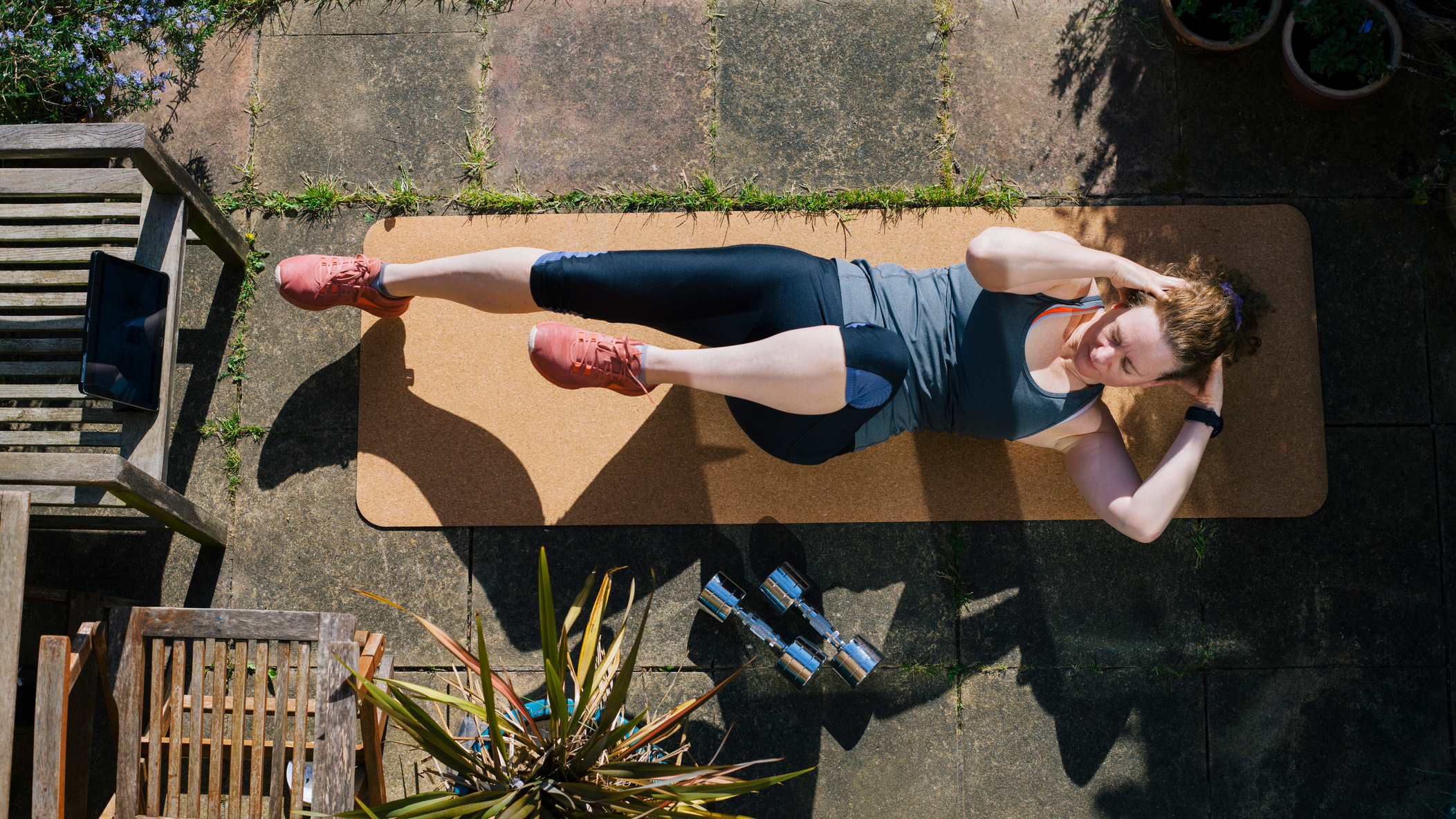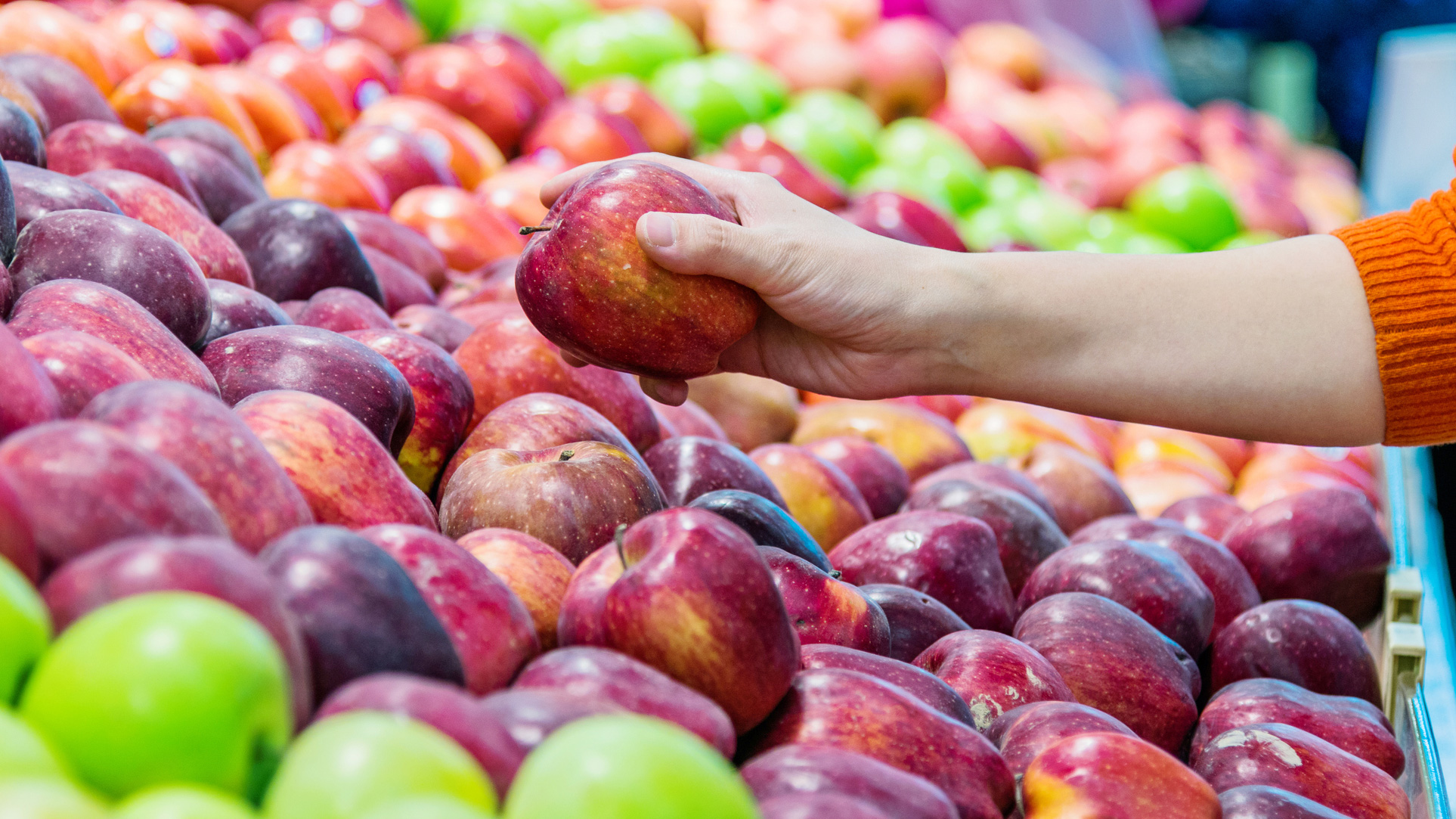Struggling to lose weight? Stacking small habits is key to big success, says research
Struggling to stick to your healthy habits and lose weight in 2022? Take smaller steps to get results, according to science


Embarking on a new routine to lose weight is hard, because sticking to big goals is extremely difficult. The average person would have given up on their new year's resolutions a month ago today, at time of writing. You may have thrown in the towel already.
Fortunately, you don't have to live a Spartan existence, or make sweeping "all or nothing" lifestyle changes, to see weight loss success. In fact, smaller changes are often much, much easier to stick to, whether that's a 10-minute walk each day, one session using your favorite exercise machines to lose weight each week, or simple healthy food swaps using our portion size guide.
These small changes should be thought of as new habits rather than temporary changes, but it's tough to create a habit when it requires conscious thought every time. If you're already in the habit of picking up a donut to eat with your sandwich for lunch, to pick up an apple instead forces you to make a decision, rather than just heading for the fruit on autopilot.
Researchers writing in the British Journal of General Practice set out to discover how they could get overweight patients to make successful heart-healthy decisions. Using psychological theories on habit formation, they quickly found sweeping goals like "eat less sugar and fat" were difficult to adhere to. Instead, they found one of the best ways is to start small and use "context-dependent repetition", helping to associate a behavior, such as eating a piece of fruit, with an external stimulus, such as arriving home after work.

The example the researchers used is the mantra "when I get home, I will eat a piece of fruit". They suggested participants use a calendar or notepad and tick each day they accomplish this task. After 10 weeks, the behavior should become a new habit.
You can now see how this is going to work; you begin to develop small new habits one after the other, gradually creating a bigger lifestyle change. After having coffee with no sugar in it for 10 weeks, it will become a habit and you'll be consuming far less added sugar on a daily basis. If you go for a run every Friday, by week 10 you will be charging your running watch on Thursday night on autopilot.
"Habit stacking" is one way to create lasting, long-term change. Another is to ensure your goals are SMART – specific, measurable, achievable, relevant, and time-bound. Want to get fit? That's far too large a goal. Want to run your first 5K race this year? That's a measurable, achievable one.
Start your week with achievable workout ideas, health tips and wellbeing advice in your inbox.
In order to do so, you can start small using the walk-run technique to ease yourself into running for a full five kilometers. Alternatively, you can try our Couch to 5K plan, which takes eight to 10 weeks to get you race-ready.
Matt Evans is an experienced health and fitness journalist and is currently Fitness and Wellbeing Editor at TechRadar, covering all things exercise and nutrition on Fit&Well's tech-focused sister site. Matt originally discovered exercise through martial arts: he holds a black belt in Karate and remains a keen runner, gym-goer, and infrequent yogi. His top fitness tip? Stretch.
